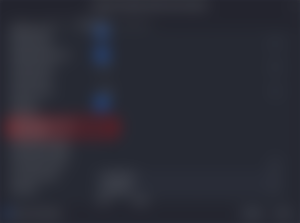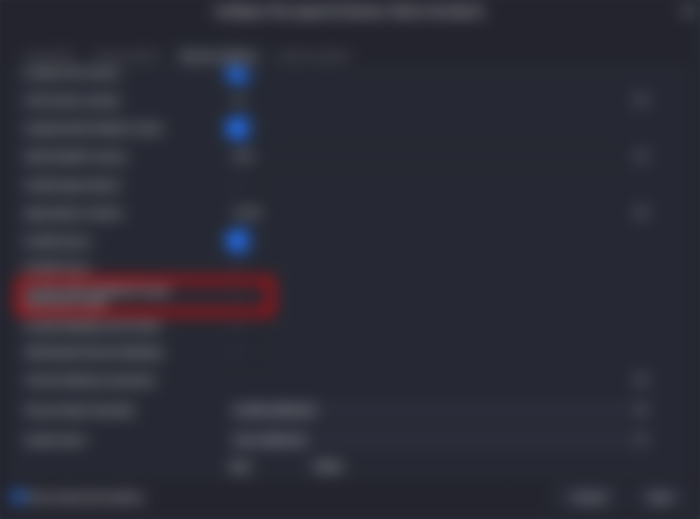About 10 days ago, I wrote about how Linux gaming continued to gain momentum and expressed my enthusiasm for the impending Steam Deck launch. Well... almost immediately after I published that article, Valve announced that the device's launch has been delayed to February 2022 due to chip shortages and supply chain issues. Talk about bad timing.
While I have to wait for an additional 2 months to see if the Steam Deck will provide a notable on the Linux gaming landscape, the delay does come with benefits. For instance, by next February, the Linux 5.16 kernel will be available which will enable FUTEX2's futex_waitv syscall and effectively reduce CPU overhead. If the original December 2021 launch remained unchanged, then the 5.16 kernel will not be ready in time. For the Steam Deck, this is important as it only has four Zen 2 cores, so every little bit counts.
On top of that, Valve now has extra time to convince developers to enable anti-cheat support for Proton/WINE. This benefit is arguably the most important as the Steam Deck will live or die by software support. The more games the device can run, then the more enticing the product will become. Other developers will take notice and will want to optimize for the Steam Deck. Those efforts will also benefit the Linux desktop downstream.
Valve has also confirmed that in a future update, AMD's FidelityFX Super Resolution will be available at the OS level. Basically, users can enable FSR regardless of whether their games support it officially or not. I would assume that one can use FSR without the update through the fshack method, but I think what Valve is trying to do is to make FSR easily accessible similar to how on Lutris, you just need to toggle a switch. That is a smart decision as the average user is not going to be someone who will know how to tweak the game launch options.

Lastly, from now to February 2022, I expect the Linux marketshare on Steam to keep rising. There will inevitably be some dips, but it appears more and more people are getting exposed to the idea of using a Linux distro as their daily driver. On November 9, Linus and Luke from Linus Tech Tips uploaded their first video of their Linux Daily Driver Challenge. The video has proven to be very popular with its viewcount exceeding 2 million.
If you have watched through the entire video, it was not exactly smooth sailing. Linus, especially, ran into problems and accidentally bricked his Pop!_OS install. However, that turned out to be a good thing as the popularity of the video grabbed APT and System76's attention to the problem. Just today, APT released version 2.3.12 to make sure that users do not unknowingly brick their operating system and System76 is also currently working on their own solution.

No doubt the speed bumps and challenges Linus faced in the video scared off some people, but I think the Linux daily driver challenge series will serve to be a very educational resource for newbies. If anything, the series may end up assuaging some of their fears of using a Linux operating system and give them the courage to experiment with different distros and desktop environments. Well, we shall see how Linus Tech Tips' series will affect the Linux gaming landscape.

